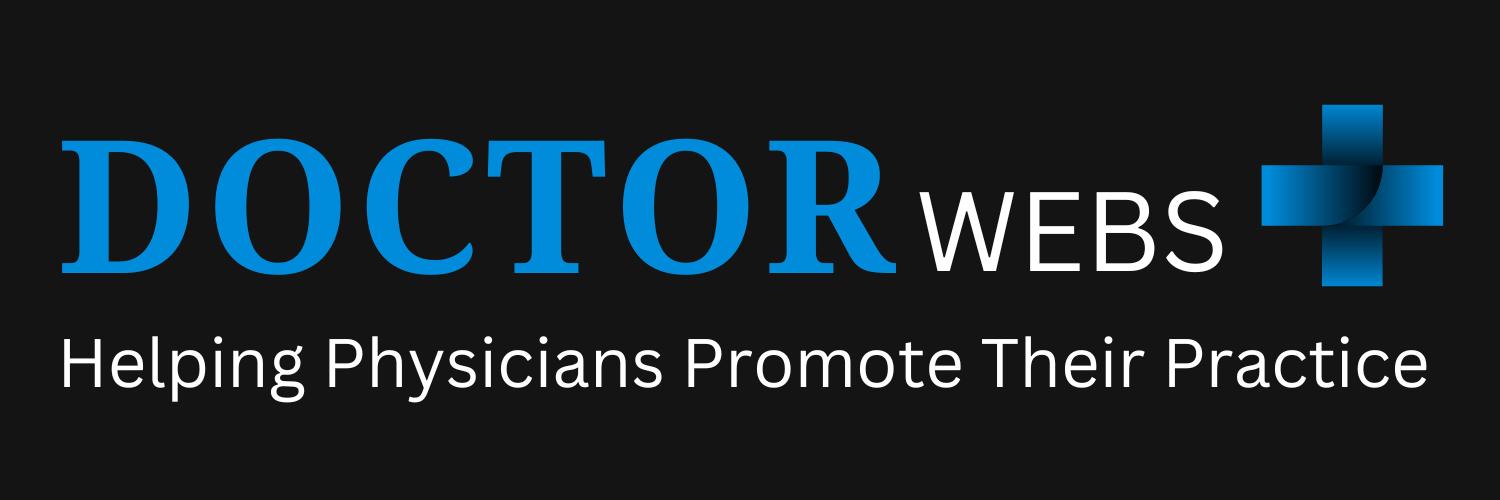Preventive Medicine
 American Board of Preventive Medicine
American Board of Preventive Medicine
111 West Jackson Blvd, Suite 1110
Chicago, IL 60604
Phone: (312) 939-2276
www.theabpm.org
A Preventive Medicine
specialist focuses on the health of individuals and defined populations in order to protect, promote and maintain health and well-being, and to prevent disease, disability and premature death. They may be a specialist in general Preventive Medicine, Public Health, Occupational Medicine or Aerospace Medicine. The distinctive components of Preventive Medicine include:
– Biostatistics and the application of biostatistical principles and methodology;
– Epidemiology and its application to population-based medicine and research;
– Health services management and administration including developing, assessing, and assuring health policies; planning and implementing, directing, budgeting and evaluating population health and disease management programs;
utilizing legislative and regulatory processes to enhance health;
– Control of environmental factors that may adversely affect health;
– Control and prevention of occupational factors that may adversely affect health safety;
– Clinical preventive medicine activities, including measures to promote health and prevent the occurrence, progression and disabling effects of disease and injury; and
– Assessment of social, cultural and behavioral influences on health.
Specialty training required prior to Board Certification: Three years
Subspecialties:
To become certified in a particular subspecialty, a physician must be Board Certified by the American Board of Preventive Medicine and complete additional training as specified by the Member Board.
Clinical Informatics
Clinical Informaticians use their knowledge of patient care combined with their understanding of informatics concepts, methods and tools to assess information and knowledge needs of health care professionals and patients; characterize, evaluate and refine clinical processes; develop, implement procurement, customization, development, implementation, management, evaluation and continuous improvement of clinical information systems.
Medical Toxicology
Medical Toxicologists are physicians who specialize in the prevention, evaluation, treatment and monitoring of injury and illness from exposures to drugs and chemicals, as well as biological and radiological agents.
These specialists care for people in clinical, academic, governmental and public health settings, and provide poison control center leadership. Important areas of Medical Toxicology include acute drug poisoning; adverse drug events; drug abuse, addiction and withdrawal; chemicals and hazardous materials; terrorism preparedness; venomous bites and stings; and environmental and workplace exposures.
Undersea and Hyperbaric Medicine
A Preventive Medicine physician who specializes in Undersea and Hyperbaric Medicine treats decompression illness and diving accident cases and uses hyperbaric oxygen therapy to treat such conditions as carbon monoxide poisoning, gas gangrene, non-healing wounds, tissue damage from radiation and burns and bone infections.
This specialist also serves as consultant to other physicians in all aspects of hyperbaric chamber operations, and assesses risks and applies appropriate standards to prevent disease and disability in divers and other persons working in altered atmospheric conditions.
